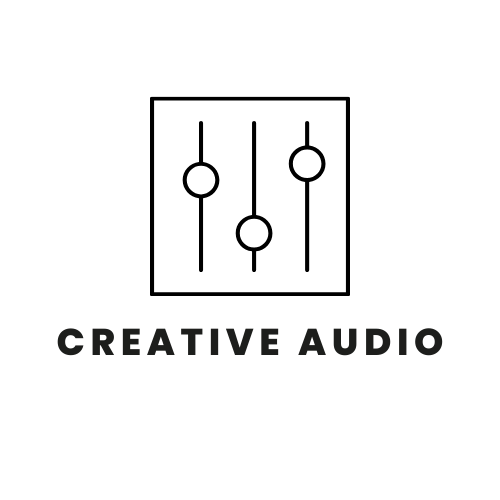New and Noteworthy: Issue 13
Research
How Has Music Changed Since the 1950s? A Statistical Analysis
Around the web
Everyone hates games and we don’t care (but we should): “Research done by the Mental Health Foundation in 2022 discovered that players felt a sense of guilt or shame based on a perception that society doesn’t see their hobby as worthwhile. Players believed others saw their hobby as unproductive, a waste of time, for isolated young men or nerds, bad for your health or, ultimately, something you should grow out of.” Music and gaming have a bright future. It’s therefore important to really look at the culture, the games, the players, and the societal perceptions.
Biophony: Soundscape ecology plunges us into a wilder world beyond the mundane and merely visual
Regulating the streaming economy: "Consumption isn't the same as consumer. The number of people who engage with your music culturally, socially, is more important than the number of times that your music gets heard. That's the bit that's broken… The same amount of value comes from three people listening to a track 3,000 times as from 3,000 people listening once. Thats totally dissociative… The reason why user-centric is so appealing to me is that if people's direct spend gets connected to the music they listen to, that will change their behaviour."
UK live music groups pen open letter to save BBC Introducing: “BBC Introducing has been essential in providing access routes into the industry, with local and regional opportunities available right across the country"
Rick Rubin: The 60 Minutes Interview
“Songs arise out of suffering, by which I mean they are predicated upon the complex, internal human struggle of creation and, well, as far as I know, algorithms don’t feel. Data doesn’t suffer. ChatGPT has no inner being, it has been nowhere, it has endured nothing, it has not had the audacity to reach beyond its limitations, and hence it doesn’t have the capacity for a shared transcendent experience, as it has no limitations from which to transcend. ChatGPT’s melancholy role is that it is destined to imitate and can never have an authentic human experience, no matter how devalued and inconsequential the human experience may in time become.
This is what we humble humans can offer, that AI can only mimic, the transcendent journey of the artist that forever grapples with his or her own shortcomings. This is where human genius resides, deeply embedded within, yet reaching beyond, those limitations.”
Listening and watching
Esthesis - Clarice Jensen
A Nurse To My Patience - FaltyDL
Is U - Overmono
Rosewood Untitled - Ekin Fil
Nurture - marine eyes + IKSRE
Things we’re interested in
Question
How much money did music NFTs make in 2021?
Technical Note
The RSS feed for this page is: https://www.creativeaudio.io/updates?format=rss

